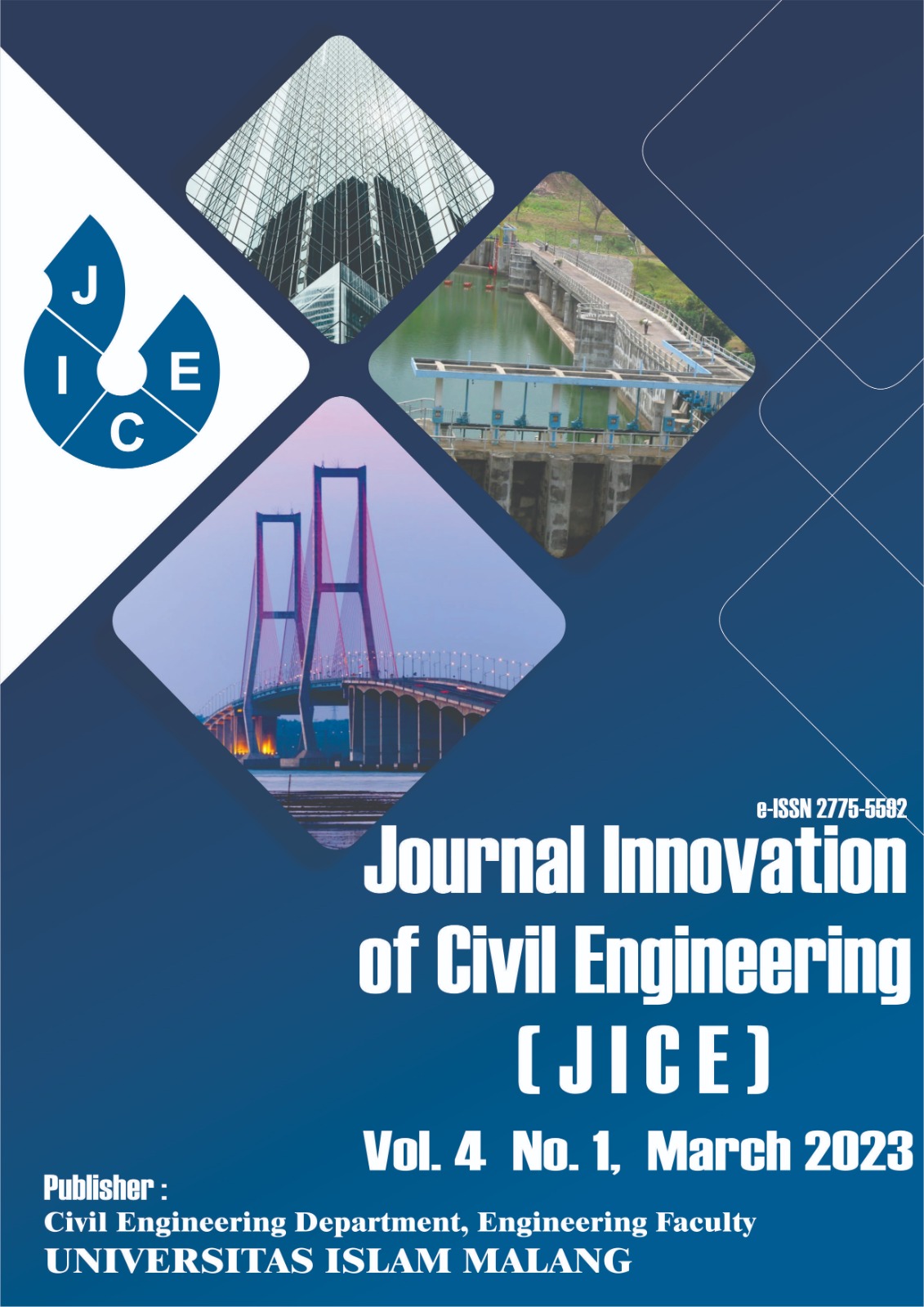SUSTAINABLE ISLAND (SAIL): AN INNOVATIVE WAY FOR REACHING A SIGNIFICANT RISE IN INDONESIA WATER, ENERGY, AND FOOD NEXUS INDEX
DOI:
https://doi.org/10.33474/jice.v4i1.18982Abstract
Indonesia, being an archipelagic country, ranks third in terms of climate risk. Sustainable islands (SAIL) are novel ideas offered as an effective way of achieving Indonesia's sustainable development while also accelerating climate change mitigation and adaptation. The water, energy, and food (WEF) nexus approach will be used to expand SAIL's programs. In this nexus, water is the most essential governing factor for the ecosystem and society. Thus, the SAIL program is adopting rainwater harvesting (RWH), a sustainable technology that supplies water with low energy and cost. To irrigate the crops and generate electricity, the island RWH tank is created by impounding surface runoff over natural landscape depressions equipped with a hydrokinetic power system. An RWH system with a pico-hydropower system is installed on the roofs of all island buildings for both household water consumption and electricity generation. The immediate implementation of the SAIL concept promises to boost Indonesia’s WEF nexus index.
Keywords: Island; Nexus; RWH; Sustainability; WEF.
Downloads
Published
How to Cite
Issue
Section
License
Copyright (c) 2023 Nur Aini Iswati Hasanah

This work is licensed under a Creative Commons Attribution-ShareAlike 4.0 International License.
Journal Innovation of Civil Engineering (JICE) with registration number ISSN 2775-5592 (online) published by Universitas Islam Malang by applying for copyright and License.
Copyright:
- Copyright in each text is the property of the author.
- The author agrees that JICE has the right to the first license issued with a Creative Commons Attributions-ShareAlike 4.0 International License.
- The author can write the article separately through non-exclusive distribution with other versions related to the first published article in the Journal Innovation of Civil Engineering (JICE).
License:
- Attribution: You must give appropriate credit, provide a link to the license, and indicate if changes were made. You may do so in any reasonable manner, but not in any way that suggests the licensor endorses you or your use.
- ShareAlike: If you remix, transform, or build upon the material, you must distribute your contributions under the same license as the original.
- No additional restrictions: You may not apply legal terms or technological measures that legally restrict others from doing anything the license permits.
You are free to:
- Share a copy and redistribute this material in any form or format.
- Change and make derivatives of this material for any purpose, including commercial interests.
The licensor cannot revoke the above conditions as long as the authors comply with the terms of this license.




